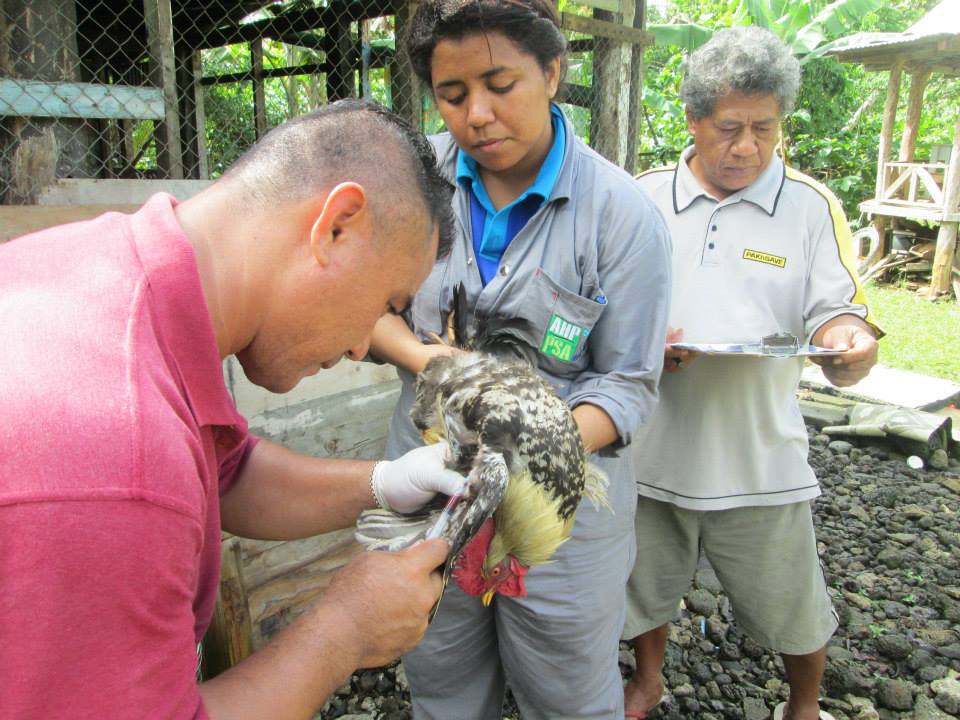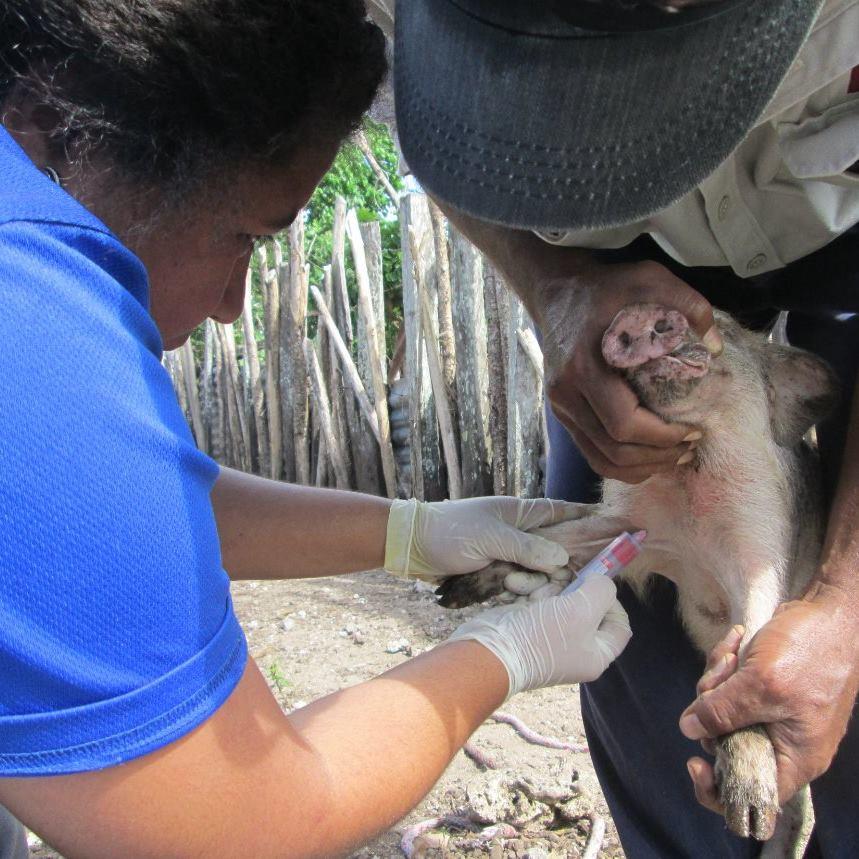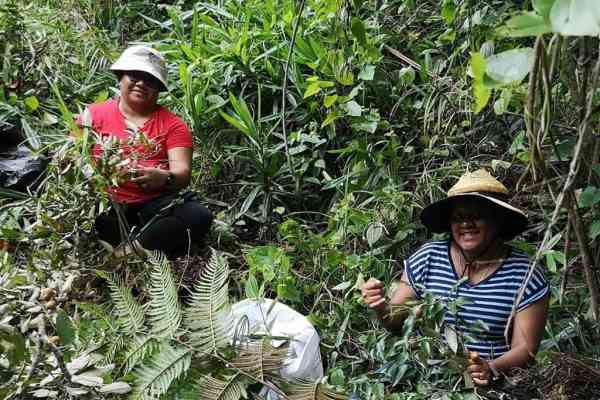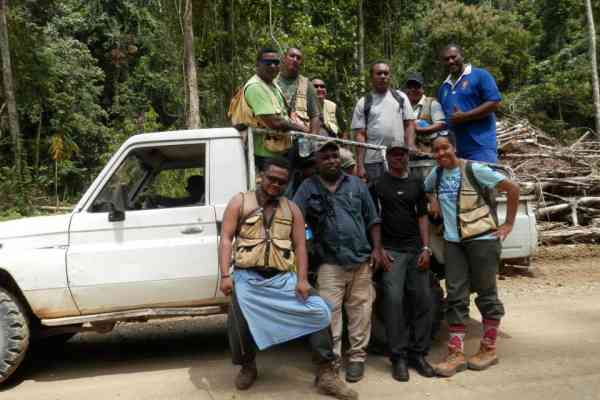The African Swine Fever (ASF) is crippling Papua New Guinea’s multi-million dollar pork industry after it was discovered in the Southern Highland Province of Mendi Munihu on 26 March this year. The virus was suspected when 336 pigs died in February. Samples were taken by an investigation team from NAQIA (National Agriculture and Quarantine Inspection Authority) and sent to Australia with results returning positive.
ASF is a highly contagious viral disease of domestic and wild pigs that can cause serious economic and production loss and poses a significant threat to the pork industry of the entire Pacific. Pigs are the most important domestic animals in Pacific culture, as Pork is a principal meat for most Pacific Island Countries and Territories (PICTs) therefore impacting the diets of many vulnerable people who are already combating the effects of climate change in the region. A drop in pork production would also mean a severe drop in income of Pacific Islanders engaged in pig farming.
In response to this threat, the Pacific Community (SPC) in collaboration with Pacific Horticultural and Agriculture Market Access (PHAMA plus) has been working closely with leaders in the region to tighten biosecurity borders and undertake measures within the PICTs to avoid widespread ASF contamination.
Leading the ASF response team at SPC’s Land Resources Division (LRD) is Elenoa Salele, Animal Health and Production (AH&P) Technician, who is currently supporting Pacific Island Countries to strengthen boarder and biosecurity measures to reduce the threat of ASF spreading in the region.
“Biosecurity is important, especially when live animals and meat products are being imported. Scientifically justified biosecurity interventions at pre-border, border and post-border are essential to address and stop ASF as well as other exotic and zoonotic animal diseases from entering and spreading in our region.”
Elenoa’s Animal Health and Production team works in the Pacific region to develop prosperous, efficient and sustainable animal health and production systems, producing healthy animals and safe products for food security and income generation.
The young animal health technician is the only one in her field at SPC and is calling on other youths, especially women and girls who are underrepresented, to join the animal health field or other fields of the agriculture sector.
According to Elenoa, this can be achieved through a mindset change.
“I think the mindset and attitude of women joining the agriculture sector has slightly changed compared to my time. Young women are speaking up for themselves on the career that they would like to pursue,” she said.

Elenoa added, that the COVID-19 pandemic has helped refocus community and national priorities back on agriculture and is advising women and girls to join this field.
“When I was in high school and university, people would ask why I studied agriculture. Agriculture was always known to be a dirty job and people would shy away from it. I always believed that no matter what, people will always fall back into agriculture and the covid-19 situation is a great example of this. We need farmers and agriculture trained professionals to produce our food.”
Elenoa’s team is currently monitoring the ASF situation in the Pacific and is raising awareness through developing multimedia materials and videos for travellers, farmers and the public.


